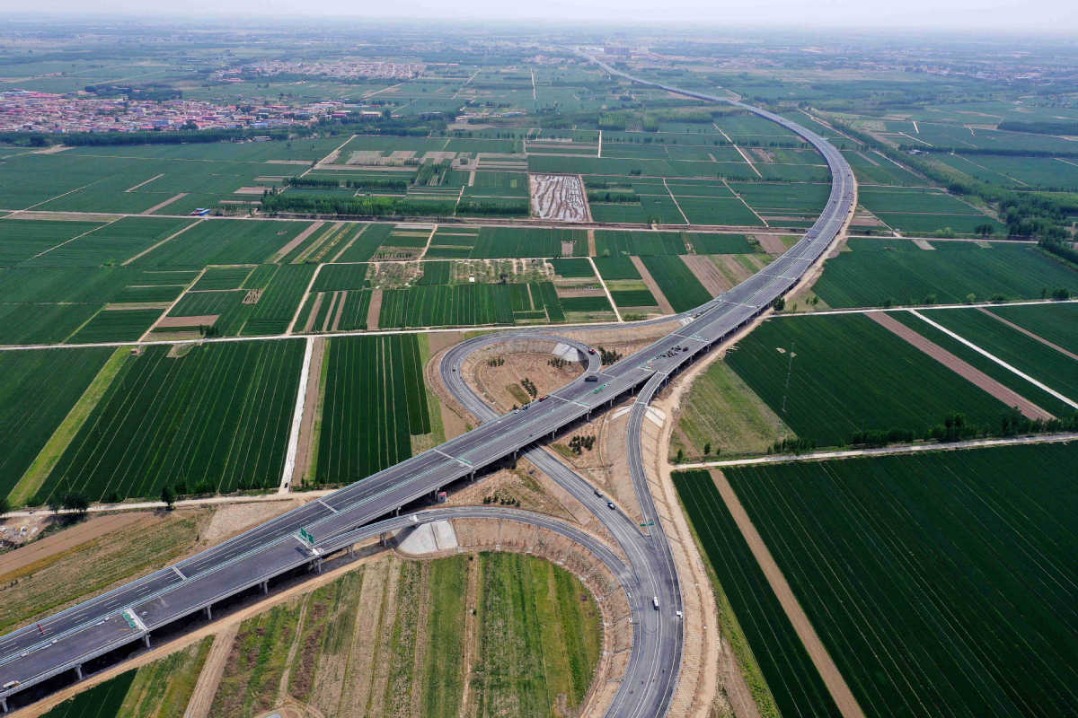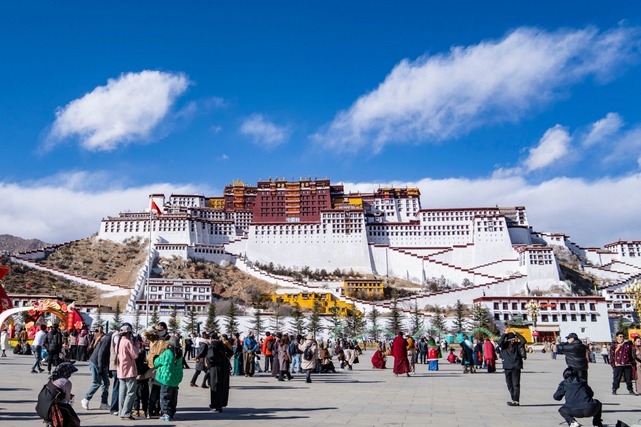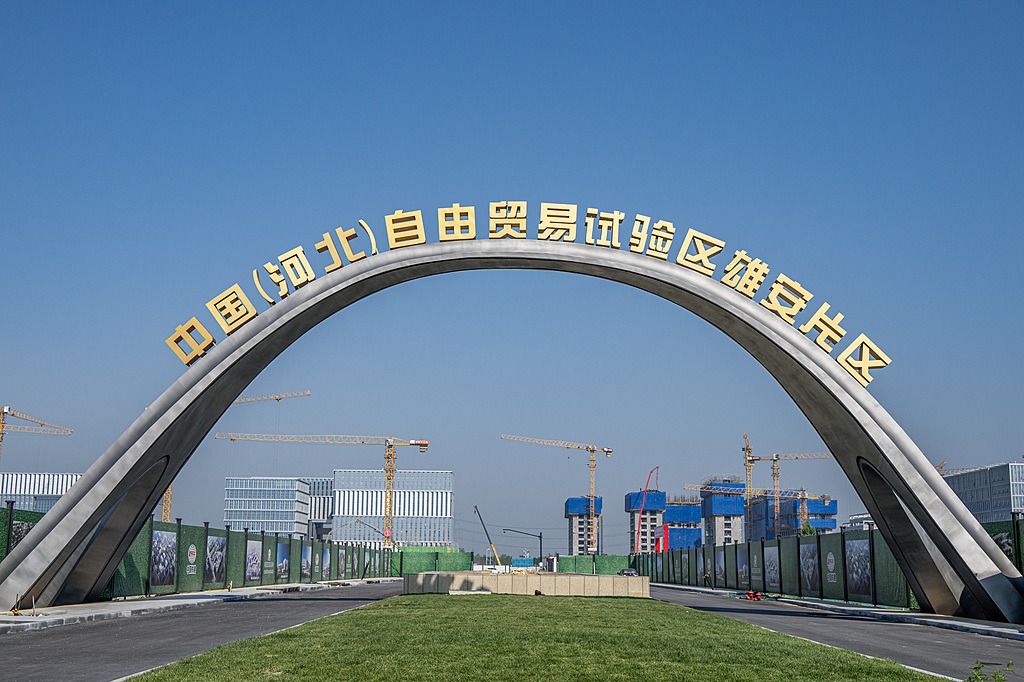Standing together for prosperity
Growing cooperation and solidarity between Africa and China will help build an all-weather community with a shared future for the new era


China's two sessions have become one of the most closely followed political events in the world as China's policies can deeply influence the trajectory of the global economy. Some of the main takeaways from this year's Government Work Report include the government's commitment to promoting consumption and stimulating domestic demand, developing new quality productive forces, pursuing higher-standard opening-up and encouraging foreign trade among other things.
More importantly, from an African perspective, China is committed to promoting cross-border e-commerce, growing digital trade, improving smart customs clearance and working on standards and certification issues to expedite international trade. China will host a series of events in this regard, including the China International Import Expo, the China International Fair for Trade in Services and the China Import and Export Fair. This is encouraging news for Africa as China is the continent's largest trading partner with two-way trade having reached $295 billion in 2024. At the Summit of the Forum on China-Africa Cooperation in Beijing in September, China and Africa agreed to boost trade by, among other things, cultivating a smart customs partnership, creating a digital market for the free movement of goods and services, and establishing a green channel to facilitate the import of African agricultural products. As such, China's commitment to international trade will come as good news for African countries that can take advantage of the export market opportunities being offered by China. This will go a long way in not only growing the volume but also improving the structure and quality of China-Africa trade.
Furthermore, based on the work report, China has also promised to pursue high-quality Belt and Road cooperation through advancing both major signature projects and "small and beautiful" public well-being projects. In the China-Africa Cooperation Vision 2035, China is committed to supporting major connectivity projects launched by the African Union Development Agency-New Partnership for Africa's Development to improve regional integration and help make the African Continental Free Trade Area a reality.
Almost all African countries have signed up to the Belt and Road Initiative. Since its launch in 2013, China and Africa have signed Belt and Road deals and contracts worth over $700 billion with investments in various infrastructure projects such as rail, ports, roads, and energy plants among other things. As such, this is a highly strategic area of cooperation for African countries. Moreover, at the FOCAC summit in Beijing last year, it was announced that China would help deliver 1,000 "small and beautiful" projects to improve people's livelihood in Africa. To see this being reiterated in Premier Li Qiang's report is quite encouraging for Africa. These projects which seek to enhance the alleviation of poverty will be welcome news for Africa, which has struggled to eradicate extreme poverty. The projects will address issues such as access to health, food security and energy security to mention a few. If anything, this shows that the commitments made by China do not just end on paper but are incorporated into the government's policy program.
China's intention is to work with the international community to promote an equal and orderly multipolar world underpinned by an equitable globalization process in addition to advocating for the reform of global institutions. This is compatible with Africa's interests. The continent has long called for the reform of global institutions such as the United Nations Security Council, the International Monetary Fund and the World Trade Organization, where African influence is minuscule despite being disproportionately affected by the decisions made in these platforms. As this year marks the 70th anniversary of the Bandung Conference, Africa's representation in the most powerful organ of the UN is pursued with renewed vigor. Africa's collective vote at the IMF only amounts to 6.5 percent. The largest voting bloc of 54 states collectively representing about 18 percent of the world's population only occupies a marginal position in the institution that is one of the most important players in the global economy.
In this sense, based on the continent's specific conditions, Africa can further integrate itself into the three China-proposed initiatives, namely the Global Development Initiative, the Global Security Initiative and the Global Civilization Initiative. In 2024, China and African countries published a joint statement on deepening cooperation within the framework of the Global Development Initiative, with about 30 African countries joining the Group of Friends of the Global Development Initiative. Under this framework, the parties agreed to work together on poverty alleviation, food security, healthcare, industrialization, climate change and green development among other areas.
Regarding the Global Security Initiative, China and Africa agreed to launch a partnership, build a demonstration zone and develop an implementation plan of the initiative. China has also pledged to provide 1 billion yuan ($138 million) in military grants to beef up African military forces and train 6,000 military personnel from Africa. As the continent is currently struggling with multiple conflicts, the Global Security Initiative can go a long way in reducing the number of conflicts in Africa and promoting peace and stability. Through pragmatic cooperation, Africa and China will contribute to the Global Civilization Initiative by building an all-weather Africa-China community with a shared future for the new era.
The author is director of the Centre for Africa-China Studies at the University of Johannesburg, South Africa.
The author contributed this article to China Watch, a think tank powered by China Daily.
Contact the editor at editor@chinawatch.cn.
































